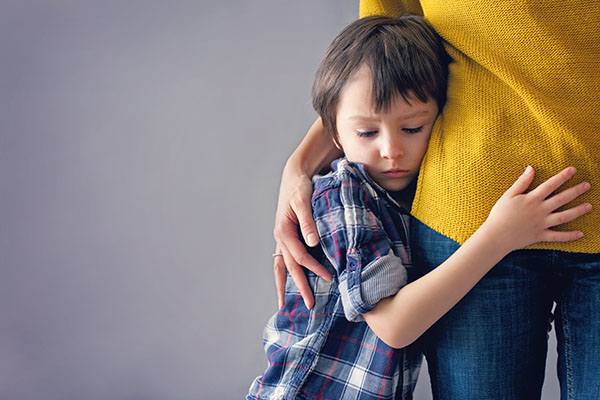It can be difficult for a child to understand and process the loss of a loved one. As a parent or caregiver, it is important to create a safe space for them to express their emotions and talk about their feelings. Let your child know it is normal to feel sad, angry, or scared after someone dies. It's okay to talk about how you're feeling. Encourage your child to ask questions and share their thoughts and memories about the person who passed away.

Talk to your children about death in an age-appropriate way. Younger children may need simple and concrete explanations while older children may have more complex questions. It's important to be honest and consider their emotional capabilities and developmental level.
Let your child know it's normal to feel sad, angry, or scared after someone dies, and encourage them to express their feelings. Offer support and reassurance, but also give them space to grieve in their own way.
Help them understand that death is final and cannot be undone. Encourage them to talk about their feelings and memories, but also remind them that it's okay to move on and feel happy again.
Encourage them to express their feelings about death, whether it's sadness, anger, or confusion. Validate their emotions and offer support.
Reassure them that they are not responsible for the passing of a loved one.
Explain how funerals or memorials help us remember and honor the person who died.
Suggest ways they can remember and honor the person who died, such as making a memory book or planting a tree in their memory.
If your child is having difficulty coping with the loss or exhibits: excessive crying, mood swings, behavior issues, difficulty in school, a change in sleeping or eating patterns, concentration issues, irritability, or social difficulties, consider seeking support from a child or adolescent therapist.
Additional resources for talking to your child about death can be found at www.ourhouse-grief.org